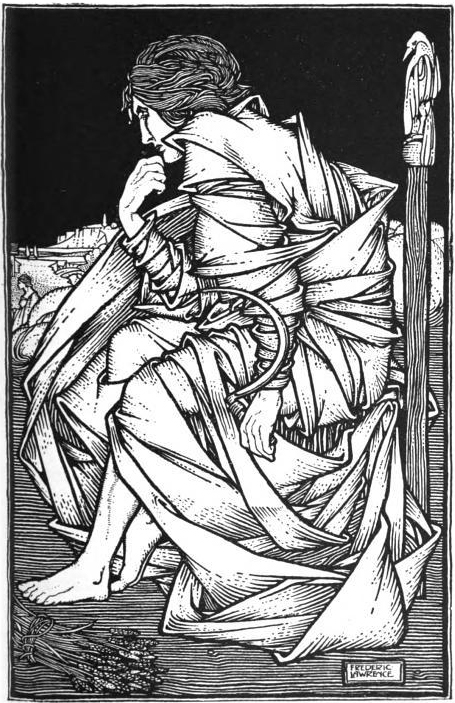|
Yngvi
Old Norse Yngvi , Old High German Ing/Ingwi and Old English Ingƿine are names that relate to a theonym which appears to have been the older name for the god Freyr. Proto-Germanic *Ingwaz was the legendary ancestor of the Ingaevones, or more accurately ''Ingvaeones'', and is also the reconstructed name of the Elder Futhark rune ᛜ and Anglo-Saxon rune ᛝ, representing '' ŋ''. A torc, the so-called " Ring of Pietroassa", part of a late third to fourth century Gothic hoard discovered in Romania, is inscribed in much-damaged runes, one reading of which is ''gutanī (ng)i hailag'' "to Ingwi of the Goths holy". Etymology Old Norse ''Yngvi'' as well as Old High German ''Inguin'' and Old English ''Ingƿine'' are all derived from the Proto-Germanic *Ingwaz. Sound changes in late-Proto-Germanic transformed *Ingwaz into *Ingwi(z) in the nominative case and *''Ingwin'' in the accusative case. His epithet * Fraujaz appears in Old Norse compounds ''Ingvifreyr'' and ''Ingunarfr ... [...More Info...] [...Related Items...] OR: [Wikipedia] [Google] [Baidu] |
Freyr
Freyr (Old Norse: 'Lord'), sometimes anglicized as Frey, is a widely attested god in Norse mythology, associated with kingship, fertility, peace, and weather. Freyr, sometimes referred to as Yngvi-Freyr, was especially associated with Sweden and seen as an ancestor of the Swedish royal house. According to Adam of Bremen, Freyr was associated with peace and pleasure, and was represented with a phallic statue in the Temple at Uppsala. According to Snorri Sturluson, Freyr was "the most renowned of the æsir", and was venerated for good harvest and peace. In the mythological stories in the Icelandic books the ''Poetic Edda'' and the '' Prose Edda'', Freyr is presented as one of the Vanir, the son of the god Njörðr and his sister-wife, as well as the twin brother of the goddess Freyja. The gods gave him Álfheimr, the realm of the Elves, as a teething present. He rides the shining dwarf-made boar Gullinbursti and possesses the ship Skíðblaðnir which always has a favorab ... [...More Info...] [...Related Items...] OR: [Wikipedia] [Google] [Baidu] |
